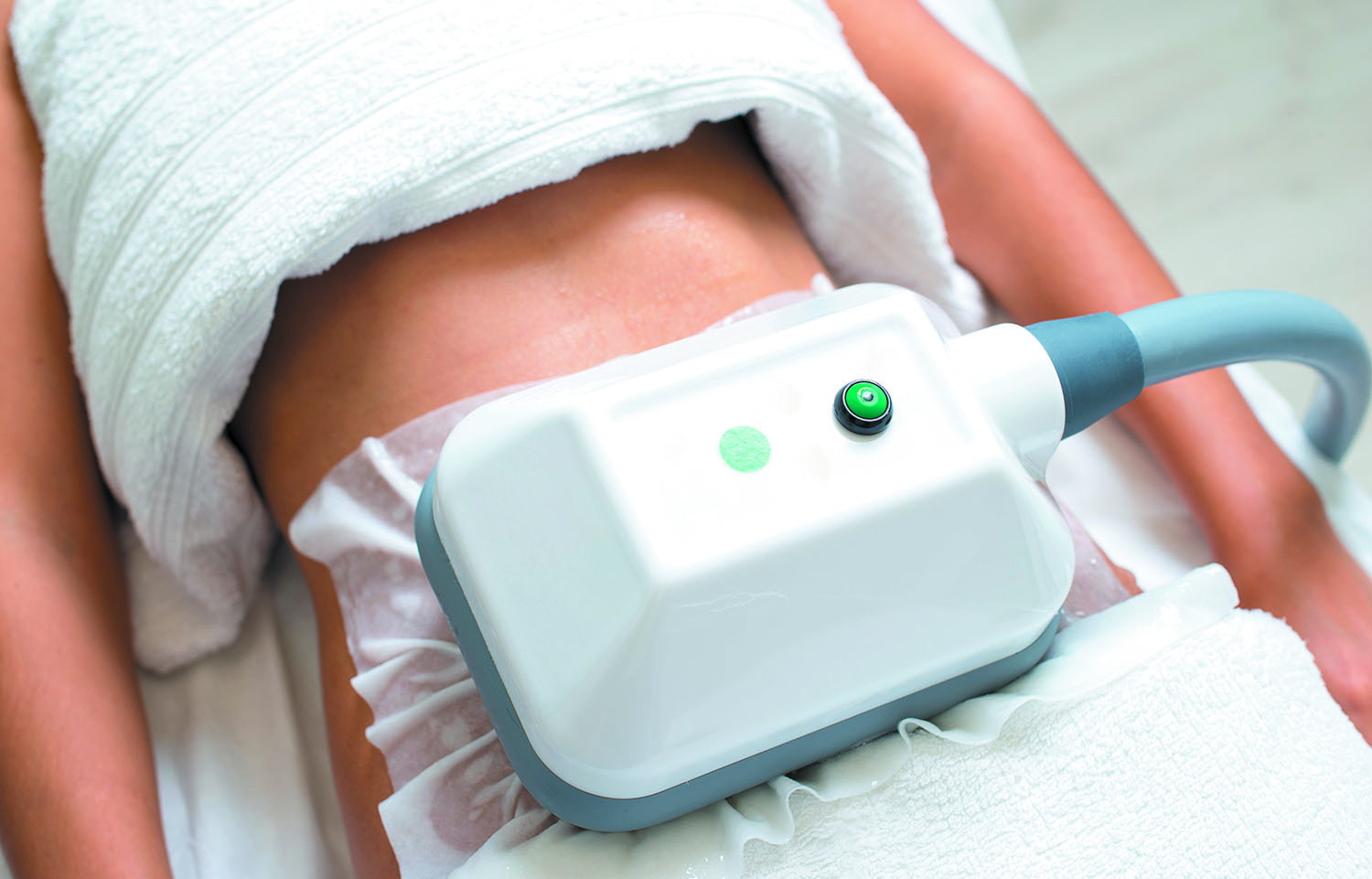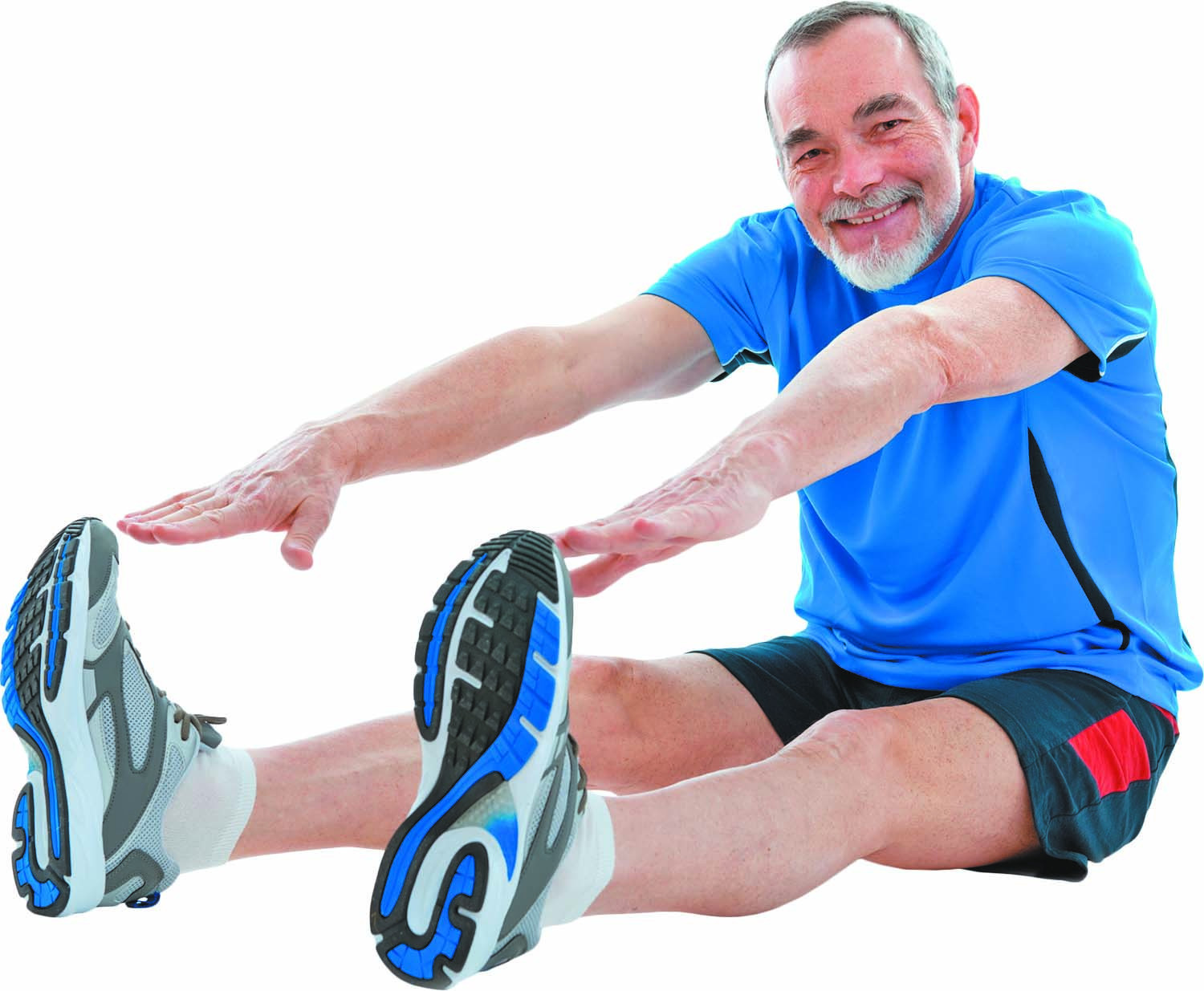
Counting steps is good — is combining steps and heart rate better?

Appendix pain: Could it be appendicitis?

Can saw palmetto treat an enlarged prostate?

How does Ozempic work? Understanding GLP-1s for diabetes, weight loss, and beyond

Zinc: What it does for the body, and the best food sources

Respiratory health harms often follow flooding: Taking these steps can help

Tips to leverage neuroplasticity to maintain cognitive fitness as you age

Can white noise really help you sleep better?

Celiac disease: Exploring four myths

What is prostatitis and how is it treated?
Neck Archive
Articles
Is your pillow hurting your health?
Pillows can help or hurt, depending on their firmness and your sleep position.
Image: © vitranc/Getty Images
You probably know someone who won't leave home without a special pillow, claiming that a particular bag of fluff or feathers is the key to a good night's sleep. And that person may be on to something. "Anything that will make you more comfortable will improve the likelihood of getting a good night's sleep," says Dr. Lawrence Epstein, a sleep expert at Harvard-affiliated Brigham and Women's Hospital.
But the benefits of pillows don't go much further than comfort and positioning. Sometimes pillows even hurt your health.
How to build a better core
People looking for new ways to strengthen their core can try walk-and-carry exercises, also known as "loaded carries," where they hold weights like dumbbells or kettlebells while walking. This type of movement teaches how to brace the core, which engages much of the entire core musculature, including your shoulders, back, and hips.
Will my herniated disc heal on its own?
Ask the doctors
Q. I have a herniated disc in my back. What does this mean, and will this heal on its own?
A. A herniated disc, also called a slipped or ruptured disc, is a common problem that can happen at any age, but becomes more common in middle age and beyond. It occurs when the jelly-like filling in a spinal disc — one of the pads between your vertebrae, or spinal bones — breaks through the disc's outer shell, called the annulus, and bulges through the tear. When this happens, the material may press on nearby nerves, which can cause a host of symptoms including inflammation, pain, and numbness. Where in your body you experience these symptoms depends on the location of the herniated disc. For example, if the disc is in your neck, you may feel pain down your shoulder and into your arm. If the disc is lower in your back, it may irritate your sciatic nerve, which can cause pain that radiates through your buttock and down your leg. The good news is that in most cases — 90% of the time — pain caused by a herniated disc will go away on its own within six months. Initially, your doctor will likely recommend that you take an over-the-counter pain reliever and limit activities that cause pain or discomfort. But in some cases, if you've been using these strategies and haven't noticed an improvement, your doctor may recommend further evaluation and possibly an additional treatment strategy, such as physical therapy. Surgery is typically not recommended unless the problem does not respond to therapy, if you are having an increasingly hard time moving, or if your doctor believes the spinal cord is being compressed.
A plan for easy stretching
Stretching becomes crucial as you age. Here is a quick routine that addresses the major tight spots.
Stretching is much like flossing. You know it's good for your health, but for whatever reason, you may not always make time for it.
"Most people know they need to stretch more, but find it burdensome or are not sure what to do," says Urvashi Chogle, a physical therapist at Harvard-affiliated Spaulding Rehabilitation Network.
Is your workout giving you a stiff neck?
Try these quick fixes to stay active and avoid neck pain.
Physical activity is important to feeling great and staying healthy. But the wrong execution of a particular move, such as a golf swing or swimming stroke, may wind up causing neck pain. "Often people don't realize their activity is to blame," says Emily Roy, a physical therapist with the Sports Medicine Center at Harvard-affiliated Massachusetts General Hospital.
Neck pain after working out: What goes wrong
Neck pain may result from overuse of muscles in the neck and shoulder (many shoulder muscles also attach to the neck), strain on the joints in the neck, or a pinched nerve in the neck or shoulder area.
Can changing my sleep habits help with neck pain?
Ask the doctors
Q. I often wake up with a sore neck in the morning. What can I do to prevent this?
A. Poor sleep habits can cause neck pain or make it worse. Simple changes can make it less likely that you will wake up in pain in the morning.

Counting steps is good — is combining steps and heart rate better?

Appendix pain: Could it be appendicitis?

Can saw palmetto treat an enlarged prostate?

How does Ozempic work? Understanding GLP-1s for diabetes, weight loss, and beyond

Zinc: What it does for the body, and the best food sources

Respiratory health harms often follow flooding: Taking these steps can help

Tips to leverage neuroplasticity to maintain cognitive fitness as you age

Can white noise really help you sleep better?

Celiac disease: Exploring four myths

What is prostatitis and how is it treated?
Free Healthbeat Signup
Get the latest in health news delivered to your inbox!
Sign Up











